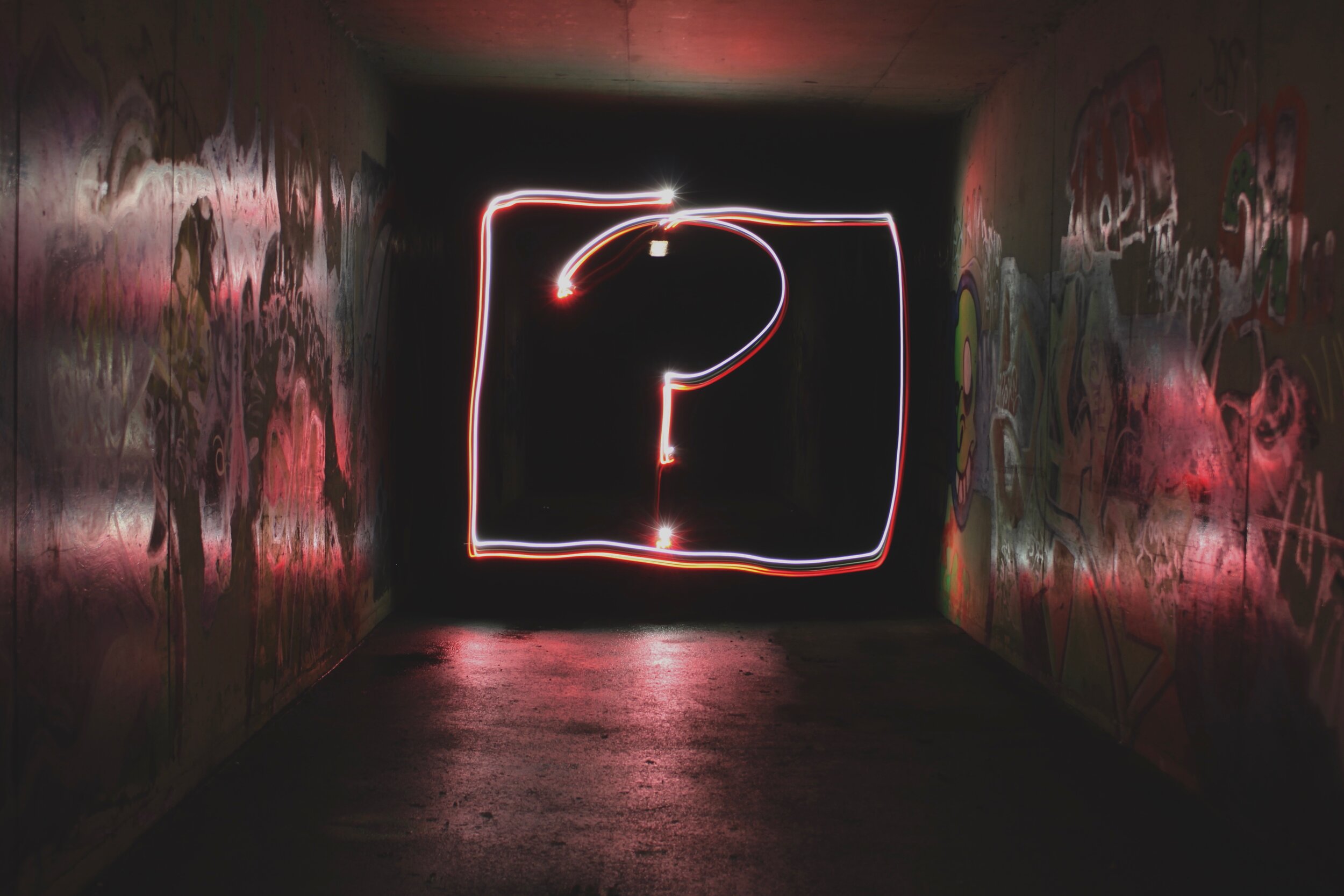‘So what is the correct answer to this question. You’re a scientist, you should know!’
Should I? I’ve been a biomedical scientist for years. Still, I could name only a few scientific questions to which I know the correct answers. Among the questions that I, like so many other scientists, can’t answer with certainty are:
The big questions: ‘Will we find a cure for cancer?’ OR ‘What’s the origin of the universe?’ OR ‘How do we stop climate change?’
The questions beloved by media: ‘Will eating butter kill me or was that margarine, or maybe both?’ OR ‘Will drinking a glass of red wine ward off heart disease?’ – I mean wouldn’t it be nice if butter and wine were good for my health – even if I might drink two glasses on occasion?
The crisis questions: ‘How does the Corona virus spread?’ OR ‘Am I protected from the virus by wearing a facemask and protective gloves?’ OR ‘How long does it take to develop a vaccine or drug?’
What are the correct answers to those questions?
While many scientists voice their opinions, the media, the politicians and the public aren’t always happy with the answers - too vague, too many contradictions, too many maybes.
There are many reasons why science doesn’t provide easy answers to complex questions. Here are four of them:
1. The results of scientific studies aren’t facts set in stone
Science works by hypothesis generation, followed by falsification of the hypothesis, followed by new rounds of hypothesis generation and falsification (yep, it does get tedious), until we reach a hypothesis that sticks. The method of falsification is the scientific experiment. If we want to believe the results of such an experiment, we need to be sure they’re more than coincidence and that they aren’t driven by bias. Any study, no matter how perfectly designed, no matter how ethically pristine will contain a certain bias.
Only if different researchers do the same study again and again and find the same results, do we really believe the hypothesis.
Therein lies the problem.
If you do the same study over and over, you will get a variety of different outcomes, some supporting the hypothesis, some contradicting it. So if you ask a scientists a seemingly simple question about a hypothesis (like if wearing a facemask protect you from a virus), you might get a variety of answers, depending on which study the scientist believes in and if the scientist in question even knows all the studies that are out there.
2. Not all scientific data are being recognized
Which brings us to the next problem. The fact that the scientist has done the experiment and found the results doesn’t mean the scientific community recognizes them. If the results are negative, the scientist will often choose not to publish them at all. And even published data simply disappear into the vacuum of the scientific publication landscape. Maybe the theory sounds too crazy, maybe the scientist is not in the right place at the right time, maybe the advocates of the opposing theory are too powerful.
And then there is the question of the sheer number of scientific publications. Not even the most experienced expert in a field will find the time to read all the literature on a certain topic. You could try, but it might take more than a lifetime. And that wouldn’t leave any time for experiments, or sleep, or a glass of wine with friends…
Tune in again tomorrow for reasons number 3 and 4…



